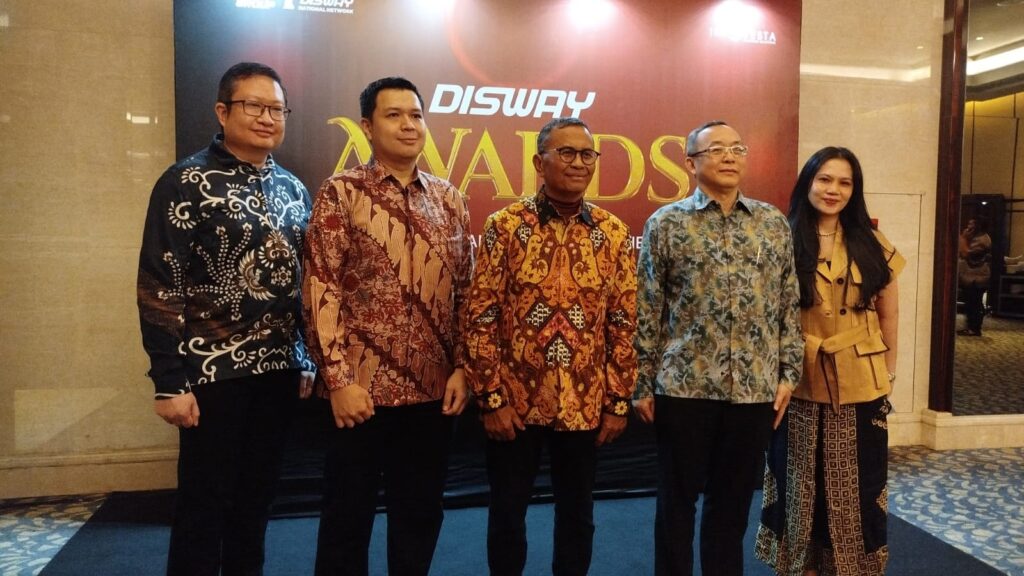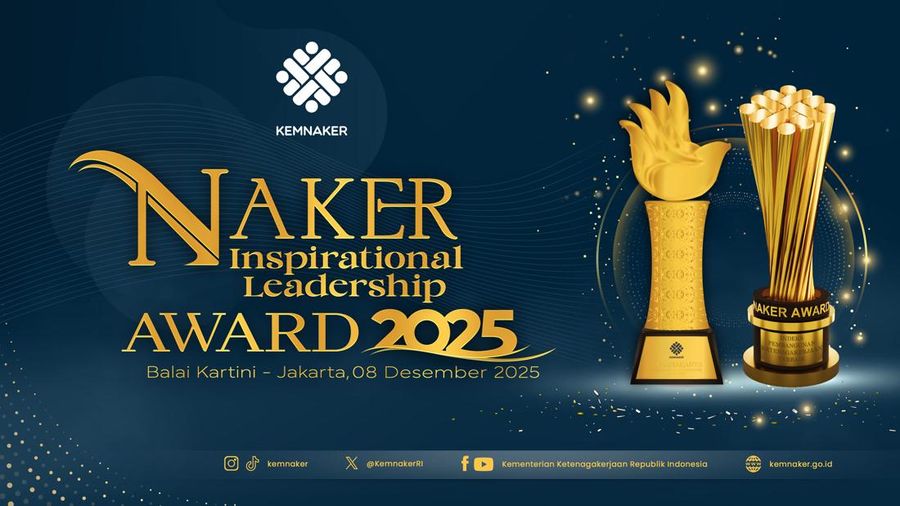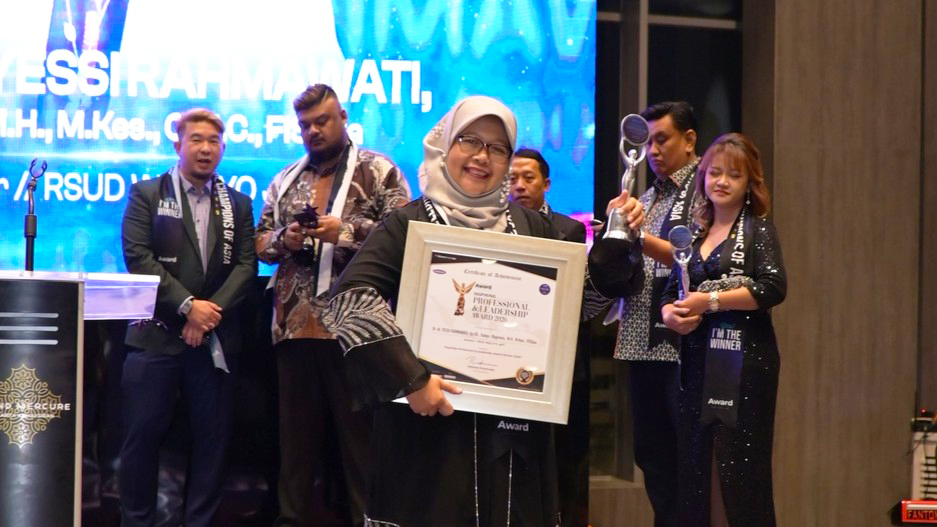Jakarta — As geopolitical tensions escalate between global superpowers, Indonesia’s geopolitical balancing act is attracting heightened attention from analysts and policymakers alike. Positioned at the maritime crossroads of the Indo-Pacific and backed by its status as Southeast Asia’s largest economy, Indonesia is playing a critical role in the unfolding US-China rivalry.
Recent weeks have seen a flurry of strategic overtures from Washington and Beijing. US Secretary of State Marco Rubio’s talks with Indonesian Foreign Minister Sugiono focused on defense collaboration and maritime freedoms, while China followed with its first 2+2 dialogue involving high-level military and diplomatic engagement.
These interactions highlight Jakarta’s enduring commitment to its “bebas aktif” foreign policy — maintaining strategic autonomy while engaging both powers constructively.
Indonesia’s interest in modernizing its defense capabilities has also become a point of leverage. With discussions ongoing for major US arms acquisitions and closer maritime coordination with China, Jakarta is capitalizing on global competition without firmly aligning with either bloc.
However, the rivalry is not limited to economic and security realms. Russia, too, has surfaced as a potential actor, with speculation about a military base in Papua triggering regional concern. Although officially denied, the incident underscores how Jakarta’s strategic importance continues to invite interest — and scrutiny.
Experts argue that Indonesia’s ability to hedge is a strength, but one that requires careful calibration. “Jakarta must avoid overcommitment to any one power, while ensuring it retains bargaining leverage across multiple fronts,” said Dr Fitriani Bintang Timur of ASPI.
Indonesia’s recent BRICS accession and outreach beyond ASEAN signal a desire to diversify its partnerships. Simultaneously, military training and procurement now involve a wide array of partners — from the US and South Korea to Turkey.
As Southeast Asia’s security landscape grows increasingly complex, Indonesia’s strategy — based on multi-alignment and neutrality — is being tested. The country’s success in navigating these waters could set a precedent for regional diplomacy in an era of great power competition.






